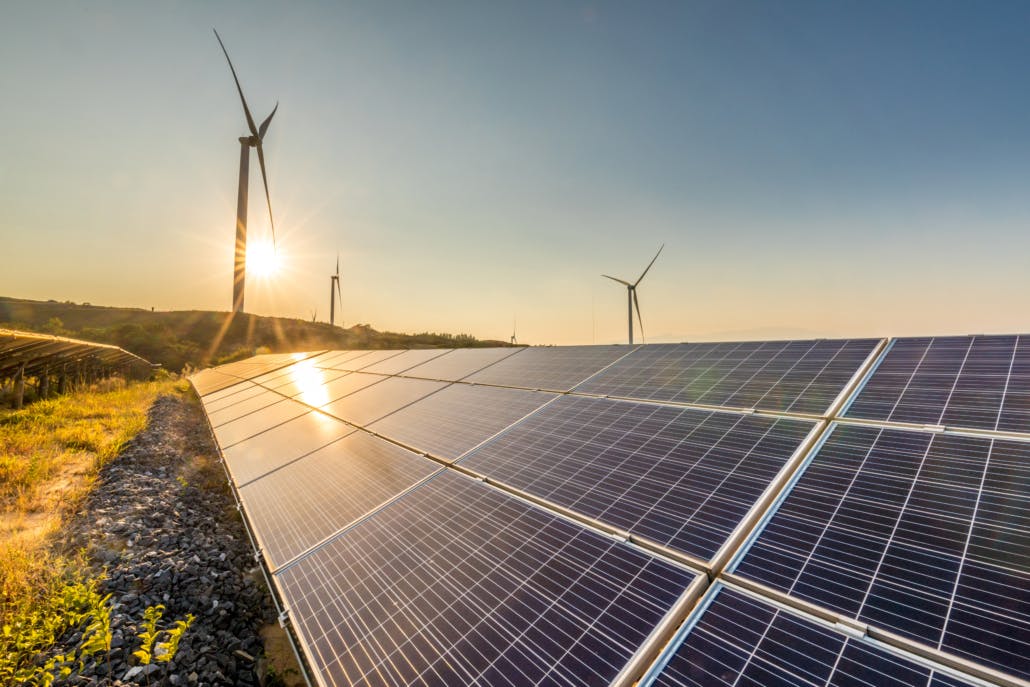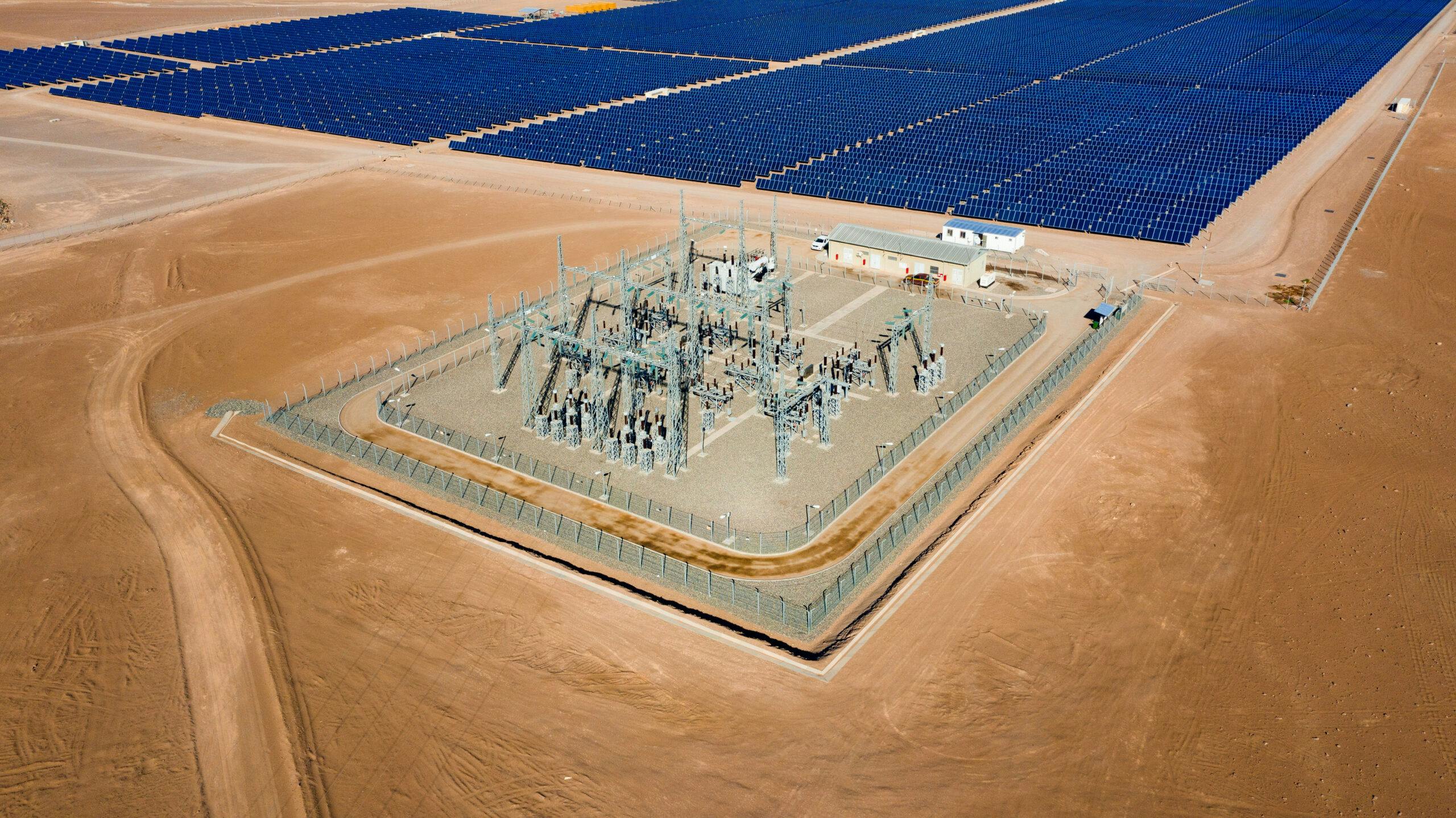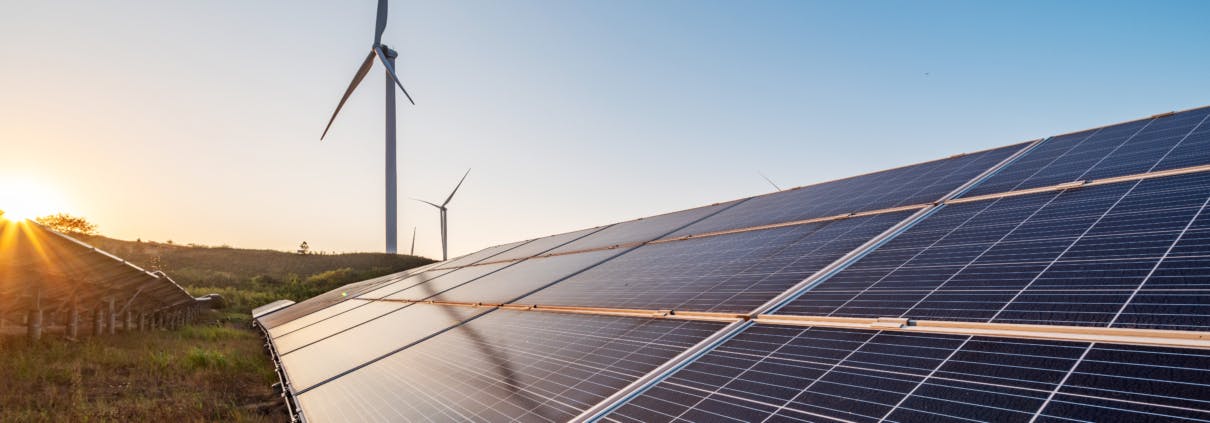What to look out for in a renewable energy contract

Many companies looking to transition to renewable energy to help reduce their carbon footprint and meet sustainability goals are navigating the complexities of renewable power purchase agreements (PPAs) for the first time. While every project and client is different, there are common themes that affect how an agreement is developed and executed. In this article, we explain what to consider before going ahead.
Know your counterparty
As companies around the world set emissions reductions and carbon-neutral goals, bilateral PPAs with a renewable energy producer mean these objectives can be achieved in a transparent, traceable way. Finding the right partner to develop an agile, low-cost, and care-free solution can give your company a competitive advantage, enabling you to demonstrate real green credentials while managing costs and gaining energy security.
But not all renewables are created equal. With consumers and shareholders alike now taking a closer look at companies’ green credentials, it’s worth investigating the claims you’ll be able to make – whether that’s demonstrating that your renewable energy source has displaced a traditional source, or proving that your energy comes from a producer with a sound community relationship and social program strategy or that its generation source is certified green from origin.
It’s also important to take into account the kind of partnership you’re looking for. A PPA is a multi-year commitment, and not all developers are in it for the long haul. For many companies, building a long-term relationship with their energy provider forms part of their wider strategy. Within the PPA market, there exist two broad types of developers: those who are the long-term holders of the asset, and those who sell the asset once it reaches commercial operation. Identifying the objectives of the developer from the outset is essential to achieving long-term alignment.
Another factor to bear in mind is the developer’s performance within your market. The regulatory, investment and institutional landscape for the energy sector varies enormously from country to country. As such, it’s a good idea to find a partner with proven experience in structuring a corporate PPA within your jurisdiction, to ensure they can perform against their future commitments to you.
Bundled or unbundled
This year has seen electricity prices reach all-time record highs in many countries, making PPAs – which provide long-term certainty in your electricity costs – an even more attractive option. While now is a key time to think about how a PPA can protect you against energy price uncertainty by locking in long-term supply deals and pricing with suppliers, it’s important to bear in mind the other benefits that PPAs can bring.
PPAs can be undertaken for power only, the green attributes of the power only – usually represented by instruments such as renewable energy certificates (RECs) – or for both together, in a bundle. Purchasing just the electricity will provide a medium to long-term hedge against electricity price volatility, while a bundled PPA will give the additional benefits of being able to claim the environmental benefits of renewable energy production in order to reduce Scope 2 emissions from purchased electricity.
Keep an eye on currency risks:
For corporate treasurers, particularly those handling the finances of multinational companies, putting in place effective risk management strategies to mitigate the impact of currency exposures is a perennial focus. As inflation heats up, analysts are predicting greater FX volatility ahead. For large energy users, for whom electricity costs can account for their largest outflow of cash, reducing currency risk from energy purchases can provide greater certainty and protection.
One way of achieving this is through hard-currency denominated PPAs. Part of a relatively nascent trend, particularly in emerging markets, they’re not available everywhere, however at Atlas, we have the skills and experience to structure renewable PPAs in creative and advantageous ways.
One example is the PPA between Atlas Renewable Energy and global mining company Anglo American. Finalized in March 2020, it was Brazil’s largest solar energy purchase and sale contract of its time, with a value of US$183mn. The agreement, denominated in US dollars, allowed for the supply of around 9TWh during the 15-year life of the contract from the Lar do Sol – Casablanca I PV plant, located in the State of Minas Gerais.
Look to your future electricity demand profile:
We’re in the midst of an energy transition that continues to evolve. According to McKinsey’s Global Energy Perspective 2022, power consumption is projected to triple by 2050 amid increased electrification, while at the corporate level, a recent report by KPMG found that two-thirds of global organizations have accelerated their digital transformation strategy, bringing online power-hungry ICT services, from networks to servers, storage, and applications.
As a result, depending on where you are on your internal digitization journey, it’s worth taking stock of your own electricity demand profiles and how they might change over the term of a PPA contract. And it isn’t only energy consumption that needs to be taken into account. Mapping out the overall load profile, including shape and time distribution, is crucial to obtaining the most appropriate PPA for your company.
Don’t go it alone:
Setting up a PPA can be complex and time-consuming, and involves many different functions, from the C-suite through to operations, finance, procurement, and even marketing. It’s important to pinpoint the key risks you want to manage, and the benefits you’re looking to attain.
Atlas Renewable Energy has developed innovative models that make it easier for companies to engage in PPAs, but we want our corporate energy buyers to make informed decisions. That’s why we advise you to allocate time and resources – or appoint external advisers – to ensure that your renewable energy procurement strategy is a success.
Our team has almost two decades of experience in structuring corporate PPAs, from concept to operation. No matter the industry, we can structure a solution to suit each company’s specific needs.
In partnership with Castleberry Media, we are committed to taking care of our planet, therefore, this content is responsible with the environment.
Share This Entry


